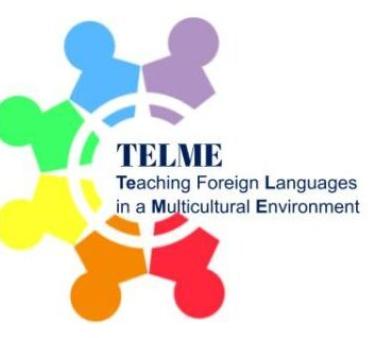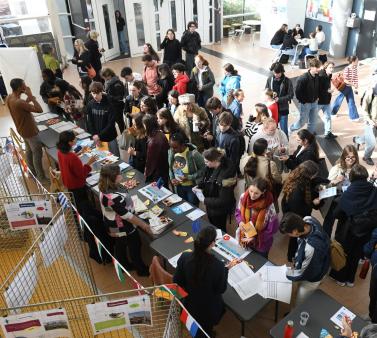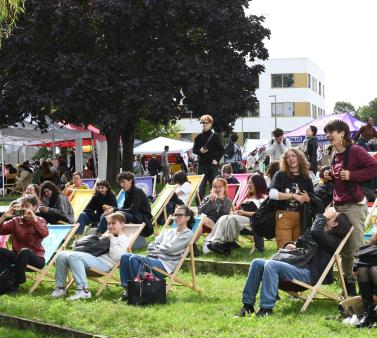Provides students with the fundamental knowledge necessary to observe social reality and to understand its issues through implementing the discipline’s theoretical and methodological tools.
Objectives
This training not only helps students to become informed social stakeholders but also provides them with the tools for analysing social issues, both general (social inequalities, social relations, norms, representations, etc.) and specific to issues associated with life in society (family, work, health, mobility, territories, etc.). Graduates will be able to use these tools in their professional practice. Rooted in a critical and reflexive tradition, this learning process is based on reading the key authors in the discipline, discovering different schools of thought and studying empirical works with a view to acquiring a sociological stance. It includes training in methods used in the social sciences to enable students to carry out field studies.
Acquiring this theoretical and methodological knowledge gives students various options:
-
Going on to do a Master’s degree (and then possibly a PhD) in sociology or another discipline.
-
Sitting a competitive examination in various fields of education, social and public management in addition to specific training.
-
Direct access to employment in the fields of research, consulting, social action, professional integration, human resources and information and communication.
Skills
Students acquire the fundamental knowledge necessary to implement a sociological analysis of a set of general social problems “applied” to a specific area of social life.
-
Development of social relations and communication;
-
Organization of work;
-
Facilitation and management of insertion systems;
-
Conducting socio-economic studies;
-
Recruitment;
-
Project management;
-
Report writing, delivering a presentation before a group;
-
Development of strategic studies based on sociological analyses;
-
Knowledge of European institutions and their evolution.
Course Content
The training is organized around three main areas:
-
Fundamental knowledge: history of the discipline, specific positioning in the field of human and social sciences, epistemology;
-
Specialized modules: sociology of education, family or work, political sociology, urban sociology, etc.; development of a questioning approach towards the discipline’s key issues, such as social inequalities and gender relations.
-
Learning and experimenting with the investigative techniques and methods that play a vital role in this field through courses and tutorials (TDs). Students conduct a full-scale investigation on a theme agreed with their lecturer.




